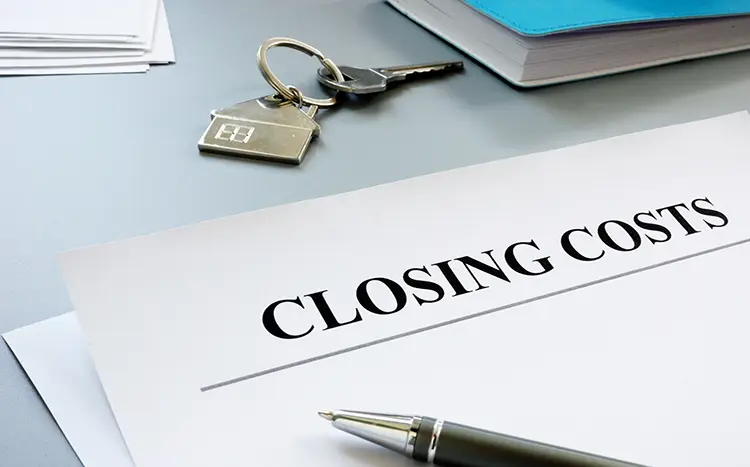What Are Closing Costs?
Published on December 5, 2023 | 3 Minute read

Melanie
Ortiz Reyes
Content Specialist
Closing costs, often an overlooked aspect of real estate transactions, can significantly impact your budget when buying or selling a property. Whether you're a first-time homebuyer or a seasoned investor, understanding closing costs is crucial for a financially sound real estate experience.

What Are Closing Costs?
Closing costs encompass a variety of fees and expenses associated with finalizing a real estate transaction. These costs go beyond the property's purchase price and typically include charges for services rendered by various parties involved in the process, such as real estate agents, lenders, attorneys, and third-party service providers. Examples of closing costs may include loan origination fees, title insurance, appraisal fees, and property taxes.
Common Components of Closing Costs
Loan-related Costs
- Loan origination fees
- Appraisal fees
- Credit report fees
- Mortgage points
Title and Escrow Fees
- Title search and insurance
- Escrow services
- Attorney fees
Government Fees
- Transfer taxes
- Recording fees
- Property taxes
Miscellaneous Costs
- Home inspection fees
- Survey fees
- Homeowner's insurance
Understanding these components is crucial to estimating the total closing costs and preparing for them in your budget.

Calculating Closing Costs
The total closing costs can vary widely based on factors such as the property's location, purchase price, and the intricacies of the transaction. On average, closing costs typically range from 2% to 5% of the home's purchase price. To gain a more accurate estimate, it's advisable to request a Loan Estimate (LE) from your lender, which outlines the expected costs associated with your specific loan.
Strategies for Managing Closing Costs
Negotiate with Lenders
- Explore options for reducing loan-related fees or negotiating a lower interest rate.
- Compare loan estimates from multiple lenders to identify the most cost-effective option.
Understand and Negotiate Service Fees
- Review and negotiate service fees charged by third-party providers, such as title companies and attorneys.
- Seek quotes from different service providers to ensure competitive pricing.
Incentives and Credits
- Explore potential seller concessions or credits to offset some of the closing costs.
- Research government programs or grants that offer financial assistance to homebuyers.

The Closing Process
Closing day is the culmination of the homebuying process, where all parties gather to sign documents and transfer ownership. During this stage, it's important to carefully review the Closing Disclosure provided by your lender, ensuring that the closing costs align with the previously provided estimates. Clear communication with your real estate agent, lender, and attorney is vital to address any last-minute concerns.
Understanding closing costs is pivotal for a successful and financially savvy real estate transaction. By familiarizing yourself with the various components, actively managing costs, and leveraging negotiation strategies, you can navigate the closing process with confidence.